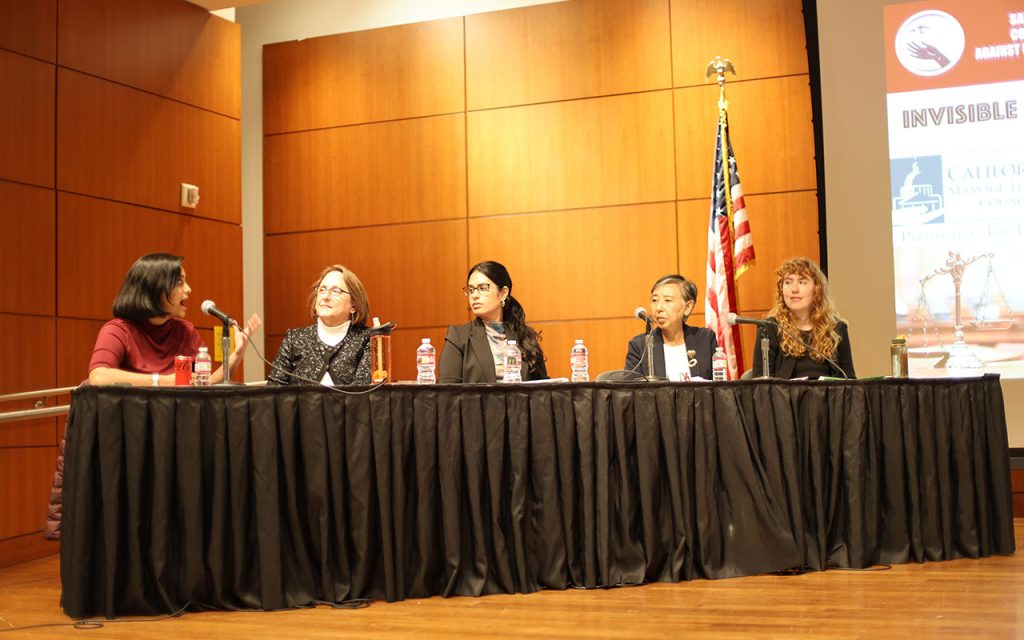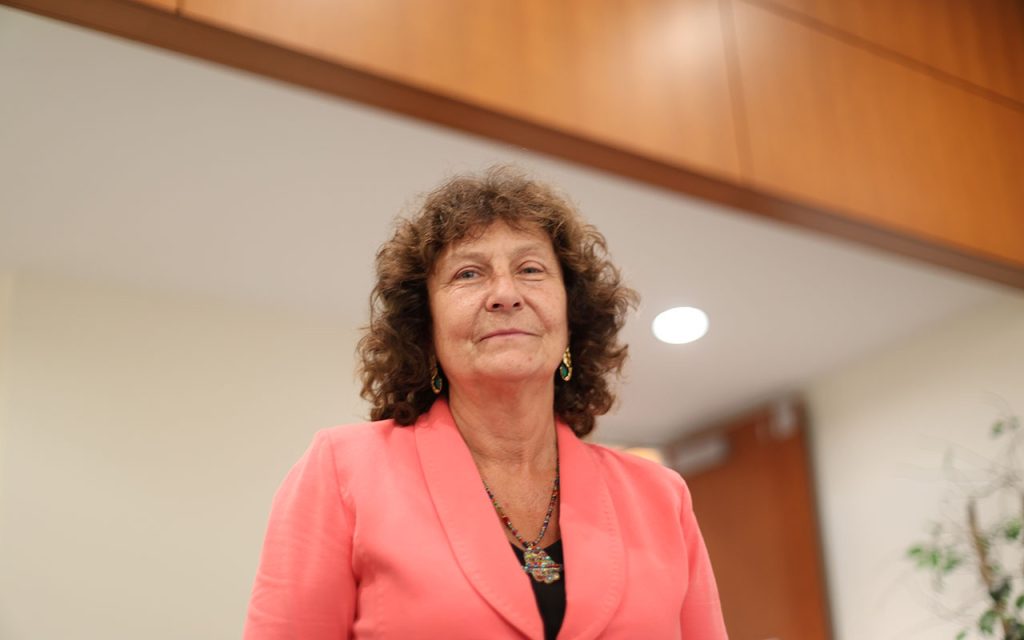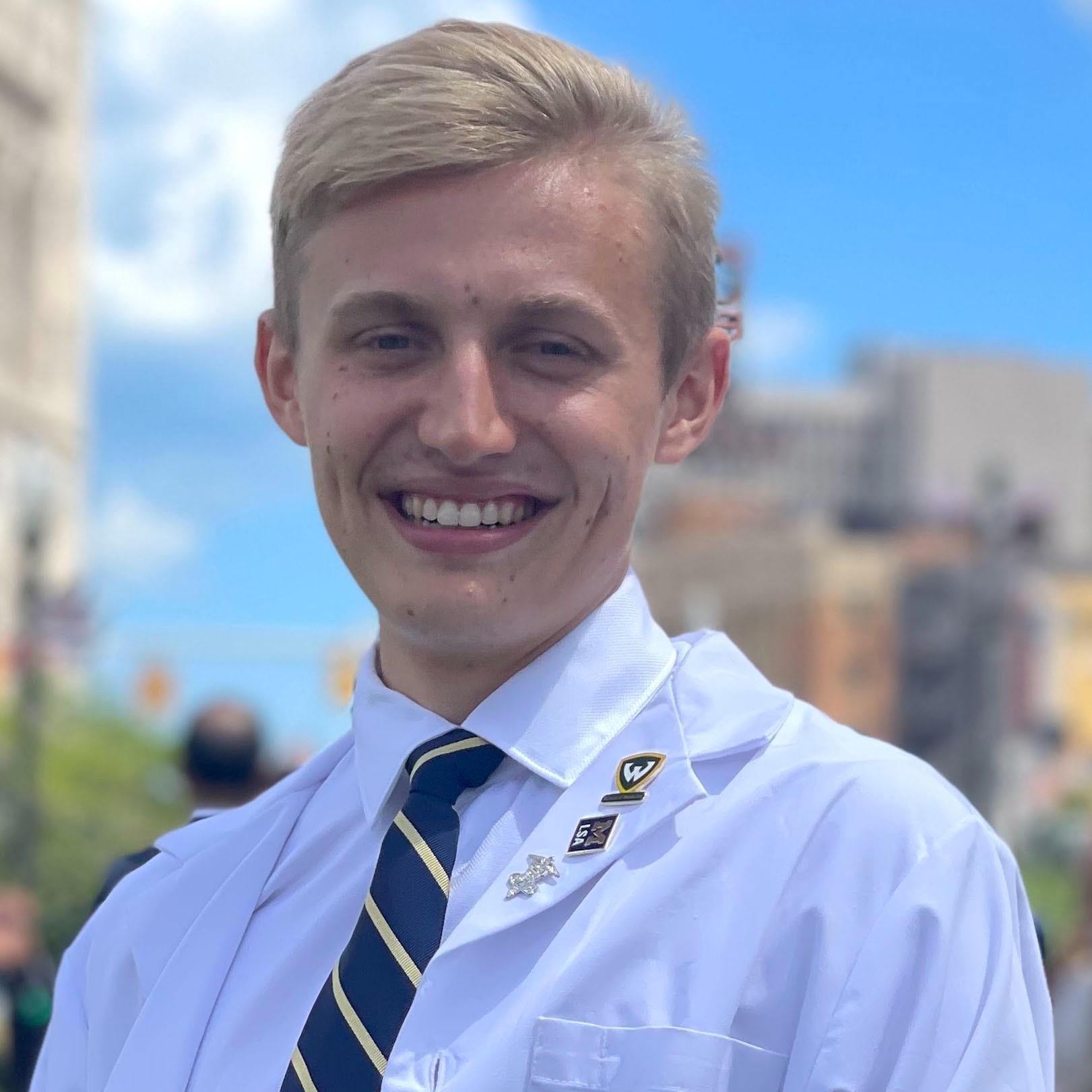
Ramped up ICE raids are perpetuating fear among trafficked immigrants in the Bay Area, making it harder for them to report crimes, speakers noted at an Oct. 3 conference in San Francisco.
“When the policies around immigration are tougher and harsher, you normally have chilling effects on all immigrants, but it affects especially survivors of human trafficking,” Antonia Lavine, the director of the San Francisco Collaborative Against Human Trafficking, said. “It makes them even more afraid to report the crime.” The group works in the Bay Area to raise awareness about trafficking and advocates for anti-trafficking policies.
According to the California Child Welfare Council, San Francisco is considered a “high intensity child prostitution” area. Despite efforts to collect data on trafficking, federal agencies warn that human trafficking estimates are likely underreported. Advocates at the Oct. 3 meeting argued that trafficked immigrants are disproportionately affected because of increased concerns that submitting a report could get them deported by ICE.

Lavine, who led the collaborative’s annual convening, spotlighted immigrants at this year’s meeting. During the conference, advocates explained how their anti-human trafficking organizations are adjusting to the shifting immigration enforcement climate.
Vanessa Russell, the founder and executive director of Love Never Fails, an anti-trafficking advocacy group, said migrants are less likely to reach out to authorities when they’re trafficked.
“Traffickers are literally telling the people … ‘What are you gonna do? You gonna say something? You’re not gonna say anything because you’ll be deported. You’re a criminal,’” Russell said. “It’s horrific.”
Russell said one of her clients, a mother of an 11-year-old girl, told her she’s worried about not returning home to her daughter if she’s deported.
“It’s actually creating a dream situation for traffickers to be able to seize children who have no parents coming home,” Russell explained. According to immigrant rights advocacy groups, arrests of parents put these kids at “risk for trafficking [and] unsafe placements.”
Changes to ICE activity have also altered the way some organizations operate on a daily basis and the advice they provide to clients.
Payal Sinha, who works at Tahirih Justice Center, a national nonprofit that helps immigrant survivors of gender-based violence, said she now recommends that all individuals they serve carry documents proving they have legal status in the U.S. Her organization also advises clients to put aside money for legal fees if they are detained.
“The whole paradigm is causing a lot of fear and anxiety for our clients,” Sinha said. “These are difficult conversations, especially in these times … but these conversations are important because we don’t want to give them false hope.”
While Russell is seeing fewer people at her organization’s in-person events, Sinha and others at the conference said they’re fielding more calls from community members. They said two main factors are driving this shift: a general fear of what’s next and a growing need for confidential support.

These shifts have also reached Hediana Utarti, who has worked at the San Francisco Asian Women’s Shelter since 2000. Utarti, a U.S. citizen, said she even carries her passport. “Everybody’s fear is also impacting me.”
Utarti’s team now informs community members about ICE’s whereabouts. But other day-to-day aspects of their work have remained unchanged. The building that houses the shelter is unmarked, and clients refer to it using a pseudonym. Despite these efforts, her clients remain on edge.
“It’s just making them scared,” she explained. “It’s like this big … cloud that’s just hanging really, really low.”
As Utarti and her colleagues continue to navigate the shifting landscape of immigration policy, she called on ICE to reconsider their approach toward vulnerable communities.
“We all deserve safety,” Utarti said. “Please … don’t look down on [immigrants], and no need to torture them. If you need to deport me. Just tell me to go. I don’t need to be paraded on TV.”

